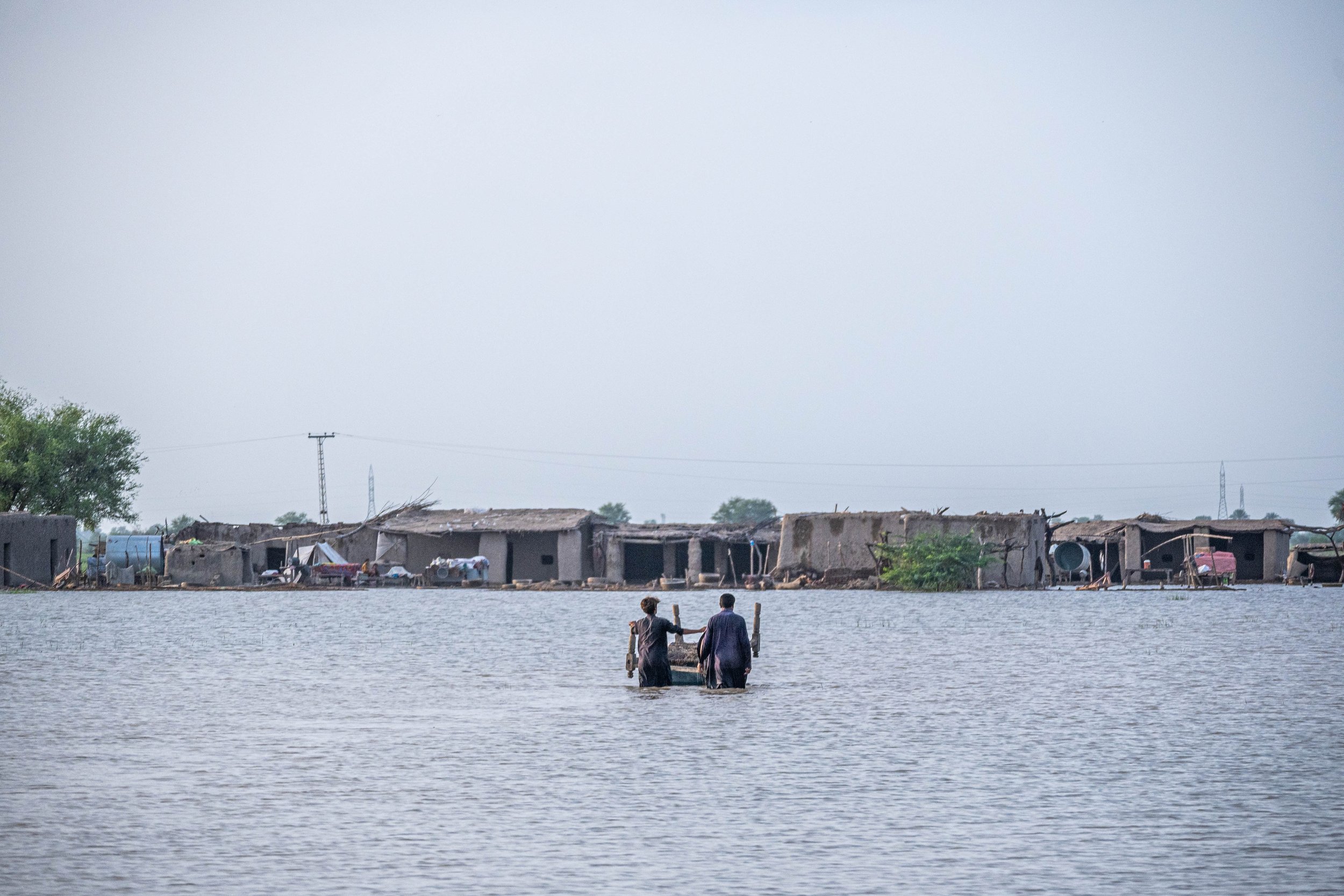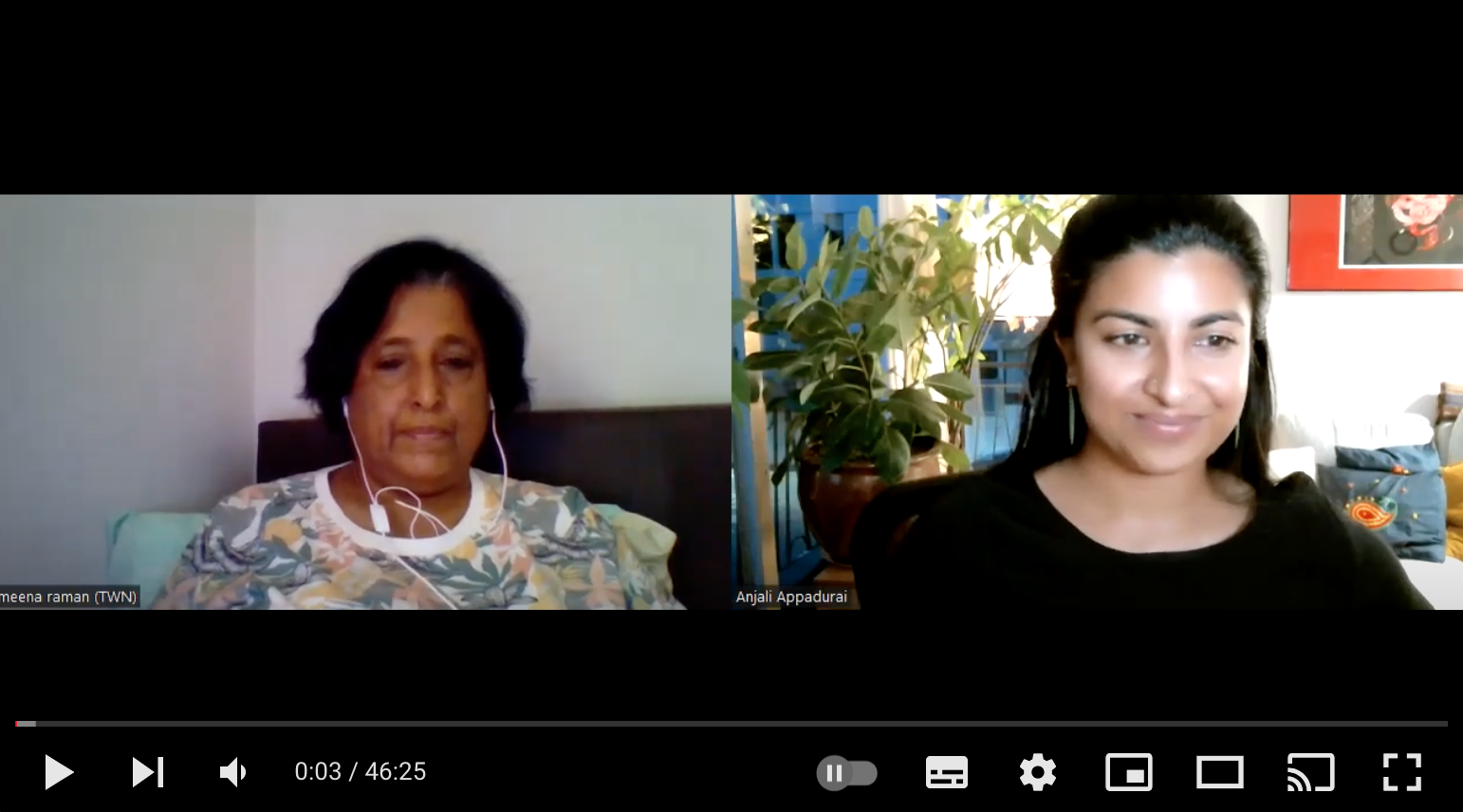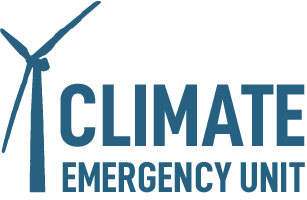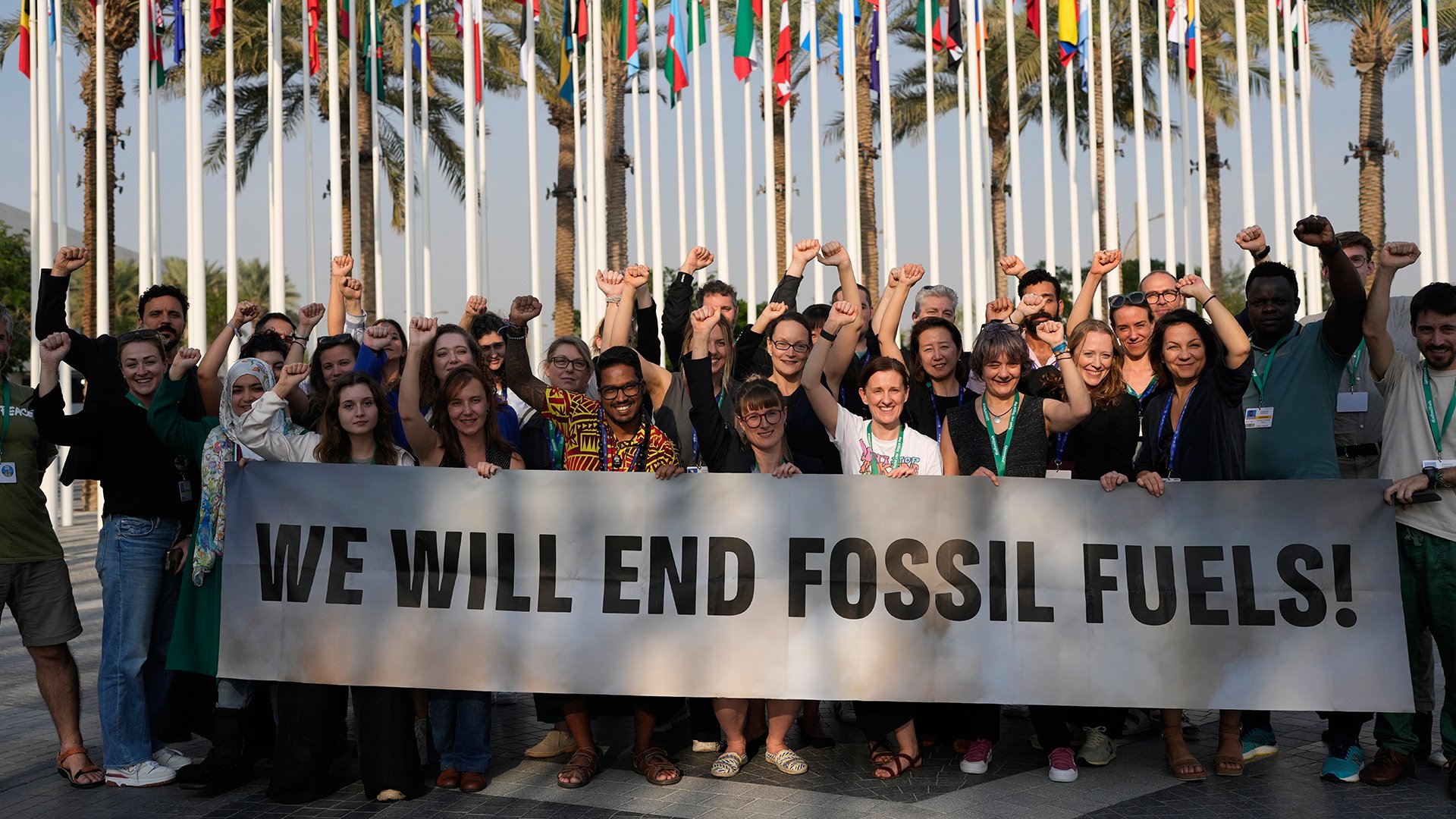
THE FAIR SHARES PROJECT
Our vision for global solidarity and a new package of support to the international community from the Canadian government – rooted in justice and led by a powerful, united base of diasporic peoples across the country.

We know that the climate emergency disproportionately affects communities in the Global South, with the burden falling heavily upon women and those living in poverty.
We believe that the time has come to reckon with Canada’s role in the international community. As one of the world’s top polluters and wealthiest countries, it’s time to do our fair share.
Fair Shares Resources
-

Fair Shares Explained
A short video by Climate Fair Shares.
This six-minute video explains the concept of Fair Shares to solve the climate crisis fast, in a just and equitable way. By adding up historic emissions of climate pollution versus each country's capacity to pay we can calculate what a country’s fair share of responsibility is to address climate change. It also introduces climate finance as an essential element to climate justice with nations that have earned the most through pollution support the countries that have emitted the least in their response to climate impacts and transition to renewable energy.
-

An Equitable Phaseout of Fossil Fuel Extraction: Towards a reference framework for a fair and rapid global phaseout
Civil Society Equity Review, December 2023.
This cutting-edge report by Civil Society Equity Review proposes science- and equity-based dates by which different countries should end coal, oil and gas extraction to limit warming to 1.5°C , and argues that substantial amounts of international support are needed to make this possible in poorer and more fossil fuel production-heavy countries.
-

The 2023 Fair Shares Deficit: A Civil Society Equity Review of the NDCs and 2035 Mitigation Fair Shares
December 2023.
Another seminal report from Civil Society Equity Review provides thorough review of whether countries are doing their fair share to tackle the climate crisis and finds that collective ambitions fall significantly short of what is needed to steer the world on a path to limit temperature rise to 1.5°C. In particular, it finds that most developing countries are much closer to their fair shares than high-income countries, which must do more both domestically and internationally to meet Paris Agreement temperature goals.
-

Canada’s Fair Share towards limiting global warming to 1.5°C
Climate Action Network – Réseau action climat Canada.
An infographic and blog post by Climate Action Network – Réseau action climat Canada about Canada’s moral obligation to cut our domestic greenhouse gas emissions as fast as technically and economically feasible, while also substantially supporting emissions reductions in developing nations as part of our total fair share towards a 1.5°C-consistent global effort.
-

“Rich nations can afford to pay their fair share to fix global crises”
Lidy Nacpil, Thuli Makama for Context. December 2022.
This opinion piece written by two prominent movement leaders for the Global South after COP27 discusses how the climate ‘loss and damage’ fund is just part of a wider set of proposals to ensure rich nations pay their fair share to respond to climate disasters – something the Global North can (and must) afford, with the authors laying out how.
-

“Reparations for global climate justice?”
🧵on Twitter/X by @jasonhickel.
Jason Hickel, professor at ICTA-UAB, summarizes a paper that quantifies the compensation that over-emitting countries may owe the rest of the world for the appropriation of the atmospheric commons, co-written by Andrew Fanning (Doughnut Economics Action Lab).
-

“The Vicious Cycle: Connections Between the Debt Crisis and Climate Crisis”
ActionAid. April 2023.
The countries that are most vulnerable to the climate crisis are also facing a debt crisis. This report explores the profound contradictions when the money that is supposed to help countries respond to the climate crisis comes in the form of loans, forcing governments to pay back their debts through extractive economic policies that accelerate the climate crisis and make it harder to finance adaptation and a just transition. To escape this vicious cycle, ActionAid concludes that it is time for debt cancellation to become a central demand of climate justice advocates everywhere.
-

Fair Shares webinar with Anjali Appadurai, Meena Raman and Ceecee Holz
October 2023.
In this introductory webinar, Anjali Appadurai explores the idea of Fair Shares as a key component of climate justice with a deep history in Global South movements in conversation with esteemed activists Meena Raman and Dr. Ceecee Holz.
-

Interview between Anjali Appadurai and Activist Meena Raman
October 2023.
As a piece of bonus content from the Fair Shares webinar, this is the extended interview between Anjali Appadurai and Global South activist Meena Ramn of the Third World Network about the concept of Fair Shares and equity in the context of the climate crisis.
-

Sikh practice sets a path for community-led climate action
December 2022.
Anjali interviews Baljit Lally, the Western Canada Director of Khalsa Aid about their incredible response to the flooding caused by the 2021 atmospheric river in BC. The conversation explores the Sikh concept of "seva" and how this is a key part of a community-driven response to the climate crisis.
Anjali Appadurai’s New Radio Show
Anjali now has a regular segment on Spice Radio (Vancouver's most listened to South Asian station). Listen to the segments below and check back often for updates.
Planet Earth Bulletin #8.
June 20 2024
Anjali talks with BC Climate Emergency Campaign coordinator, Emiko Newman.
Planet Earth Bulletin #7.
April 28 2024
Anjali talks about the agriculture, the Indian election, and farmers. Climate Emergency Unit team lead Seth Klein also joins Anjali for an interview.
Planet Earth Bulletin #6.
March 25 2024
Anjali shares a speech she delivered at a TEDx Salon event in Surrey. The speech dives into fossil fuel disinformation, tracing the history of public deception that major petroleum companies funded and supported to hide the truth of climate change from the public for decades.
Planet Earth Bulletin #5.
March 10 2024
We turn our sights to the issue of fire, and talk about how to prepare for the upcoming summer of wildfires and smoke in British Columbia. We discuss ‘zombie fires’, or fires that have burned through the winter, and what they mean for the future.
Planet Earth Bulletin #4.
March 10 2024
We discuss one of the biggest, and yet below-the-radar climate issues of this year – the Ksi Lisims LNG project – and its implications for the climate and the economy in BC. Then we zoom out to a global lens and continue the conversation about ‘Fair Shares’, discussing the EU’s new move to ask fossil fuel companies to pay their fair share. We also discuss a big milestone in China’s renewable energy sector.
Planet Earth Bulletin #3.
March 3 2024
Much ado was made of a new law tabled by NDP MP Charlie Angus this past week in Parliament that would see a ban on misleading advertising from fossil fuel companies. We discuss the new law and the long campaign leading up to it, led by the Canadian Association of Physicians for the Environment. We also continue the conversation about greenwashing, and discuss a new report on public transportation by the Canadian Centre for Policy Alternatives.
Planet Earth Bulletin #2.
February 25 2024
We talk about an astonishing study that shows that Canada is underestimating the toxic pollution from the tar sands by as much as 6000%. Then we talk about the federal government’s recent attempts to clamp down on corporate ‘greenwashing’. And of course, headlines from around the world and local action here in the Lower Mainland.
Planet Earth Bulletin #1.
February 18 2024
We cover the major announcement from the Biden administration to apply a climate test to new Liquefied Natural Gas (LNG) production facilities, then we explain and break down the problem with LNG, including why it’s a problem globally. We go on to talk about the role of the US in blocking climate progress, and explain the concept of each country doing its ‘Fair Share’ to tackle the climate emergency.

Fair Shares in the media
India calls for $1 trillion per year climate finance from next year, submits its proposal to the UNFCCC — Vishwa Mohan, Times of India. March 6 2024
Without fairness and finance, the energy transition won’t be fast – Caroline Brouillette, Policy Options. February 20, 2024
Vulnerable countries need debt relief 'now or never', new report warns – Marc Jones, Reuters. February 5, 2024
For COP29 to succeed, rich nations must get their parliaments to agree more finance now – Evans Njewa, Climate Home News. January 30, 2024
ABOUT THIS PROJECT
The Fair Shares Project builds support for the other half of our climate emergency agenda: the part that involves supporting the rest of the world in our collective challenge of tackling the climate crisis.
This project will bring together policy experts, community leaders, and cultural and faith institutions to work together to build support for federal policies that will commit Canada to its fair share.
WHY IS THIS IMPORTANT?
Diasporic communities are growing across Canada and enriching our cultural and political landscapes, and yet – the environmental movement doesn’t reflect this diversity. There are many communities within Canada who are connected to homelands in the Global South where climate impacts are accelerating with terrifying force. The Fair Shares project will be powered and led by diasporic communities across the country.

This project takes place in partnership with the Padma Centre for Climate Justice, a hub for diasporic peoples to connect, advocate and build power towards climate emergency action.



